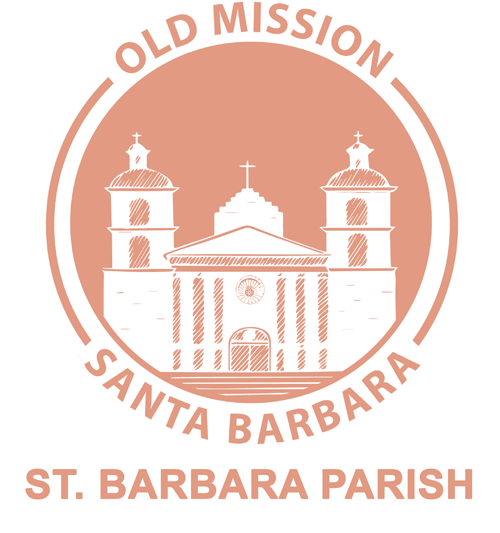Earnest Desire
Dear Friend,
The poem I stumbled on last week contains all the tenderness, wonder, and desire that mark our Christmas celebration:
“An angel robed in spotless white,
Bent down and kissed the sleeping Night.
Night woke to blush; the sprite was gone.
Men saw the blush and called it Dawn.”
The author of the poem, Paul Laurence Dunbar (1872-1906), was one of the first widely acclaimed African-American poets in U.S. history. I’ve been wondering if the “sleeping Night” he writes about is in any way connected to the trauma of the Civil War which shadowed his own life experience, along with the memory of his parents’ experience of enslavement. In his poetic vision, perhaps, he perceived a new dawn.
In his Apostolic Letter last June, Pope Francis wrote of the deep desire that resides at the heart of the celebration of the Eucharist. It is a desire for reconciliation, justice, and peace expressed by Jesus on the very night before his own violent death (Lk. 22:15). That Passover meal and the “earnest desire” at its core is rooted in the Christmas story and God’s desire to be with us (“Emmanuel”) in all the poverty and confusion of the human reality. The holy family would live, after all, as refugees exploited by the political machinations of Herod.
Meanwhile, the Holy Spirit, present at the dawn of creation, seeks out all shadowed places with the love of God, so that our Christmas Eucharist at the table of God’s desire directs us as well to the humility of the stable of God’s desire. There the transformative power of the Spirit which filled Mary, and the music of the Angels together express a holy and divine desire, Behold, I turn darkness into light before them! (Is. 42:16)
Merry Christmas to all!
Gratefully,
Fr. Dan ofm, Pastor
